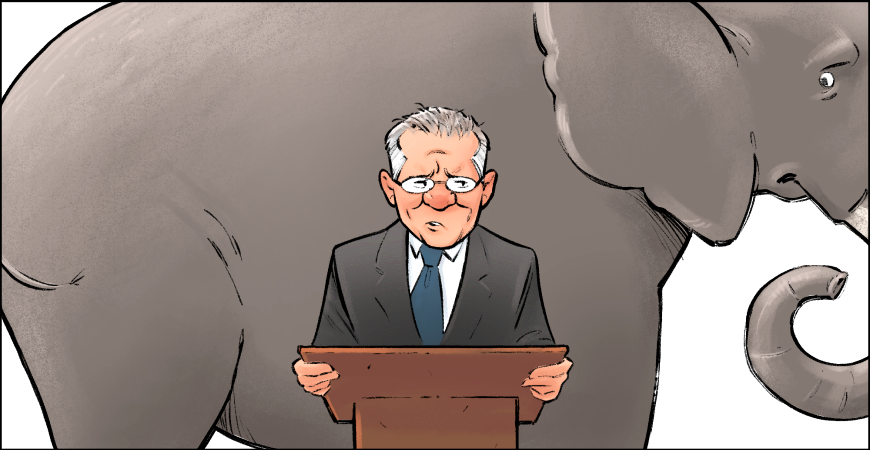Effective communication during any crisis is critical.
Since COVID arrived on our shores early last year, we’ve seen examples of strong communications. We’ve also seen several fails.
The concerning thing for me, in a country that has struggled with its COVID conversations, is that I think our most difficult discussions are still to come.
To date, our state and territory leaders have been terrific. While daily press conferences can infuriate some commentators, the community has generally appreciated being able to get information from the source.
The exponential organic growth in the Facebook followings of our Premiers has been another win. Through this, those that get their news and information through social have also been able to get information at the source, which has helped cut through some of the nonsense you can also get online.
The reward for this, in most part, has been a cooperative community, that informs itself of government decisions and enacts any new requirements quickly.
Except, perhaps, in New South Wales, where some within the community, having been told for the best part of a year that lockdowns were unnecessary, have struggled to adapt to a new environment where they were being told to stay home.
Consistency in approach and messaging during a crisis is critical.
The Victorian Government also learnt this the hard way, when ineffective COVID communication with people of culturally and linguistically diverse backgrounds was a key contributor to that state’s major outbreak and prolonged lockdown last year.
But perhaps Australia’s biggest COVID communications failure has been the inconsistency in messaging and communications around the AstraZeneca vaccine. You would have thought that, after putting all of Australia’s vaccination eggs in the AZ basket, the Federal Government would have at least mounted a defence of the vaccine, when public opinion was being formed.
While Prime Minister Morrison and Treasurer Frydenburg have been strong when talking about their support for the economy, the silence and rapidly changing public health advice we continue to see in relation to AZ has destroyed public confidence in a vaccine most of the world celebrates.
The possibility of this undermining confidence in other COVID vaccines, as well as providing oxygen to the broader anti-vaxxer movement around the country, means that we may be living with the public health impacts of this misstep for years to come.
But, while the difficulties in discussing AstraZeneca were immense, they may pale into insignificance when compared with the conversations we’ll have to have in the months ahead.
According to the four-stage COVID exit roadmap endorsed by National Cabinet and released by the Prime Minister, lockdowns will be a part of our national strategy for the first two stages. Not everyone appears to understand this, and it is not something that the Prime Minister has spent any time explaining.
Moving to stage three, Australia will cease having lockdowns and recommence international travel, with this move dependent on higher levels of vaccination within the community. With it possible that every Australian who wants a vaccination will be able to have one by the end of the year, the discussion around entering stage three may arrive sooner than we think.
Inherent in this shift is the likelihood that many Australians will contract COVID, with the vast majority of those who have been vaccinated being asymptomatic or developing only mild symptoms.
But, in a country where eradication has become the metric for COVID success and that tied itself up in knots over the one-in-a-million chance of dying from an AstraZeneca-induced blood clot, this conversation will not be easy.
Nor will the conversation likely to precede it about the need to vaccinate our children, and the associated risks in doing so.
Add a new variant or two, and the degrees of difficulty will only increase.
These will be national conversations that require the Prime Minister to bring the Premiers, the media and the broader community along for the ride in a way that he has struggled to do so far.
As a former marketing executive, Mr Morrison should understand the importance of communication in a crisis. Let’s hope that he finds his voice in the months ahead.
Publicly taking responsibility for the slow vaccine rollout this week was a good start.
 ReGen Strategic
ReGen Strategic